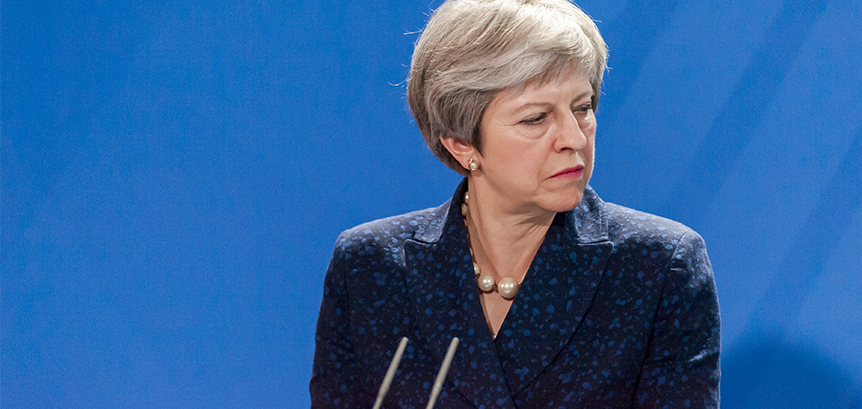
Posted on: March 26th, 2019

And in my very impartial, ‘twenty-years-a-mediator’ way, I wondered which aspects of the situation I could reflect upon without becoming partisan or preachy about the whole thing. How could I step aside from the win-lose, leave-remain, labour-tory schisms and yet find something to say about the whole thing?
Well, I decided on the topic of intransigence. That is, the quality of refusing to change one’s view, of reluctance to compromise, or of inflexibility.
How many times in mediation do we encounter one party, often a represented party or perhaps one who is set up in an interpersonal case, who just refuses to budge? Their way is the only way; they are right, and the person across from them is wrong.
Mrs. May, in my humble opinion, has amply demonstrated this quality over the last 32 or so months. She has picked a line, stuck to it for two and three-quarter years, and has resolutely refused to move an inch. She says her door is open, but it seems as though her ears and mind are firmly closed. Like her alleged role model, Margaret Thatcher, it appears that she wants us all to see that the lady’s not for turning.
So, why do we do this? I say ‘we’, because I suspect all of us may at times dig our heels in just like this, resist any attempts to get us to shift our position, and steadfastly cling to a position that can appear to be at odds with our own and others’ interests?
I am a psychotherapist first and a mediator second. As such, a lot of my thinking about conflict is informed by what I know about the psychology of personal motivation, the anatomy of interpersonal dialogue, and how relationships work.
And, from those places, I would say that intransigence is underpinned by some or all of the following:
• Not wishing to appear weak
We see the adoption of our intransigent position as a competitive stance against those who would have us change our mind. Our constituents, whoever they may be, will see us as having ‘lost’ if we give way to our opponents, who will then have ‘won’. They will be strong, and we will be weak.
• Not knowing what else to do
Sometimes our own reasoning may be flawed, we may have had bad advice, or we may have underlying motives that are at odds with the overriding objectives. And this is a very hard place to leave. In Mrs May’s case, many would adjudge that she has a certain lack of agility in her negotiating skills, and that she is fixated on the unity of the Conservative party. And given that the EU27 have said, rightly or wrongly, “that’s the best you’re gonna get, mate”, she might well believe that she only has one drum to bang.
• Avoiding shame
In many conflicts, we can make ourselves so personally attached to our intransigent position that to let go of it would compromise our deeper sense of self. ‘This solution is my solution’, ‘This solution says a lot about me’, etc. The person becomes the position, and to abandon it means to abandon the essence of who we believe we are. Not only do I think that this is evident in many disputes where one side digs their heels in, it is also the hardest one to admit to.
Every amateur comedian I have met over the last 32 months (including a very nice chap on the plane to Stockholm this morning), upon hearing what I do for a living, has quipped, ‘So d’you reckon you could sort out Brexit?’. And behind my polite smile I have thought, ‘Probably not’.
For, you see, I think that there has been a fundamental mistake. Rather than rejecting the UK’s nearest and biggest trading partner in 2016, why did David Cameron not do his job properly and pull his chair up to the EU negotiating table right there? Why did he not work collaboratively on the evident problems with the UK’s membership and negotiate a positive pro-European deal? After such a passage of time, it would be very hard to mediate the big issue in the context of a now-divided country.
But imagine that we could get Mrs. May to sign her Agreement to Mediate, roll her sleeves up, become less intransigent, and get into a more collaborative frame of mind…
Her best-case scenario? She goes down in history as a voter’s champion, a standard bearer for democracy, and an exemplary upholder of Conservative values.
And the worst-case scenario? She loses her job and cements her place alongside the Iron Lady as one of the most divisive politicians of all time.